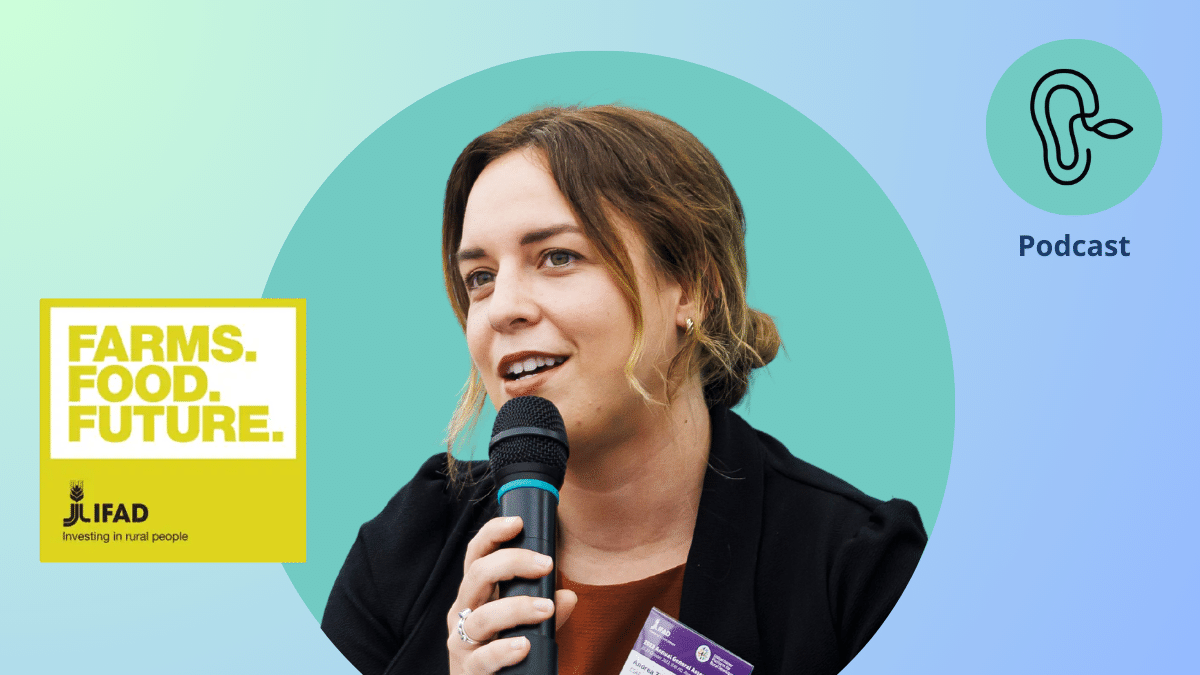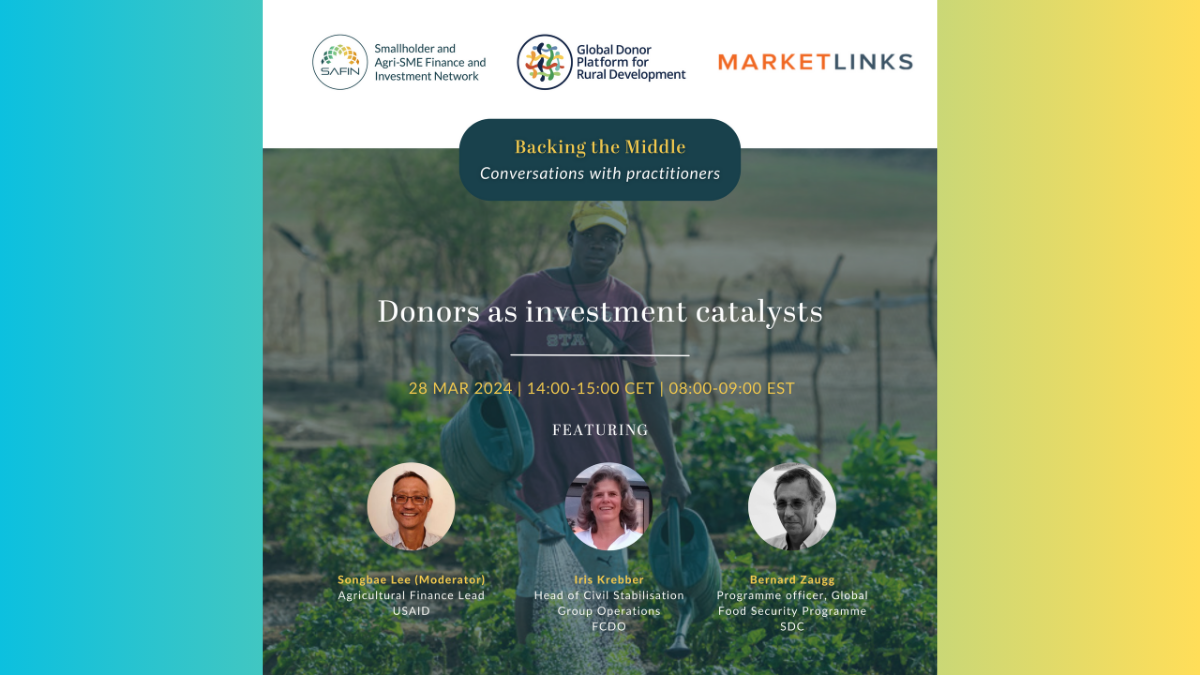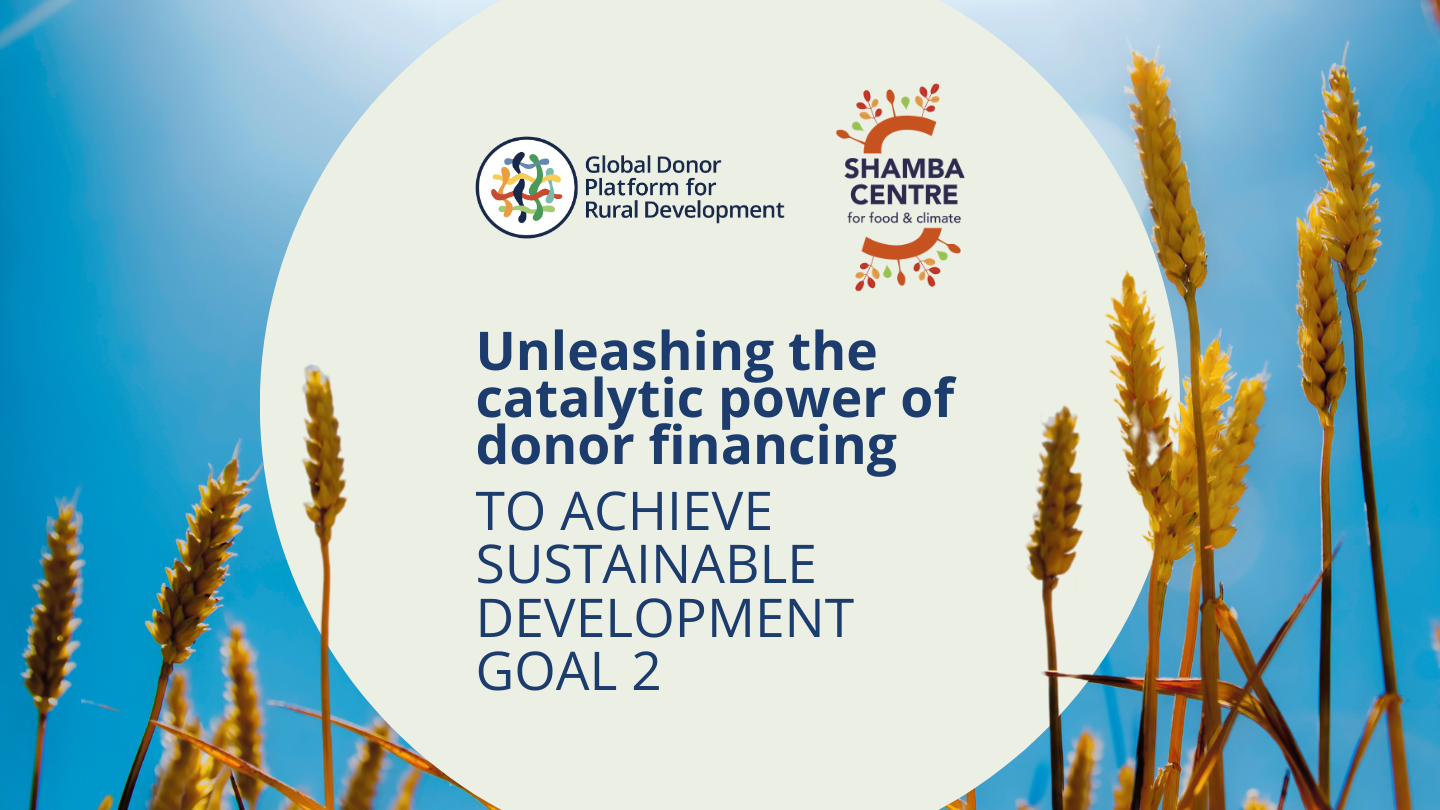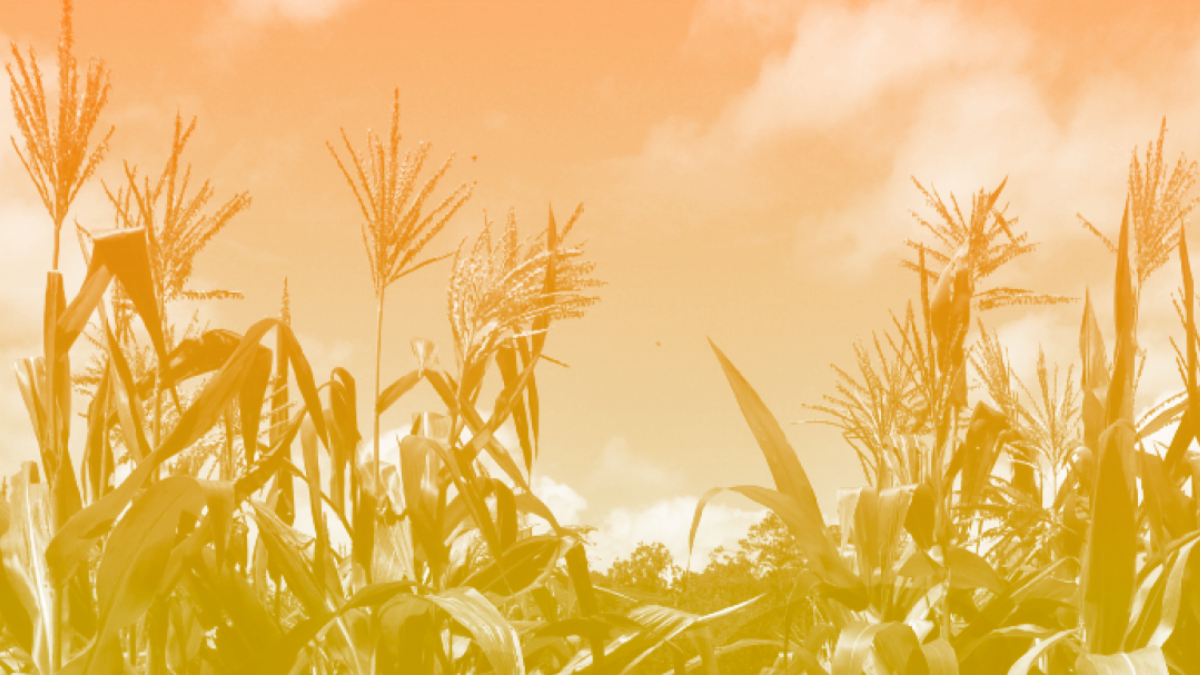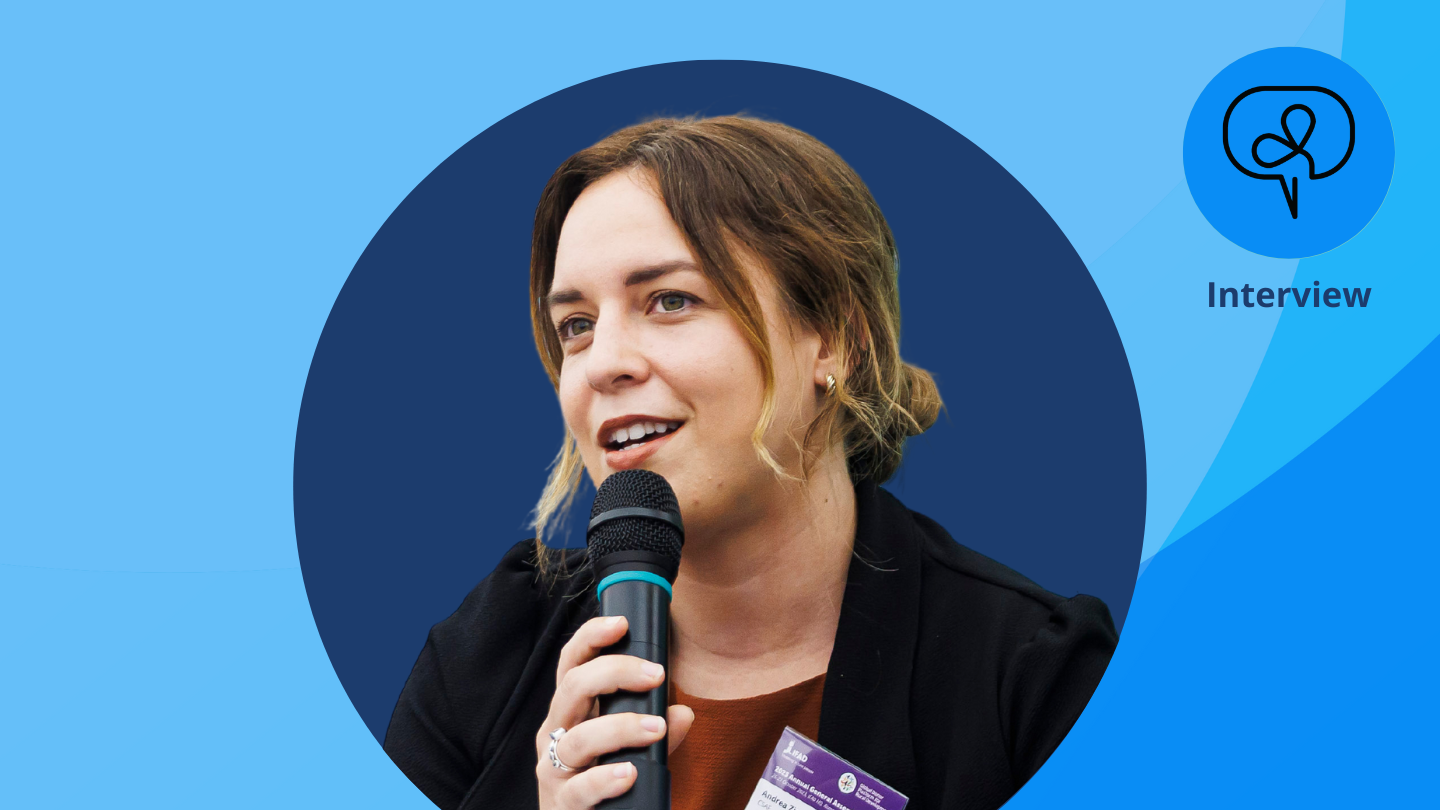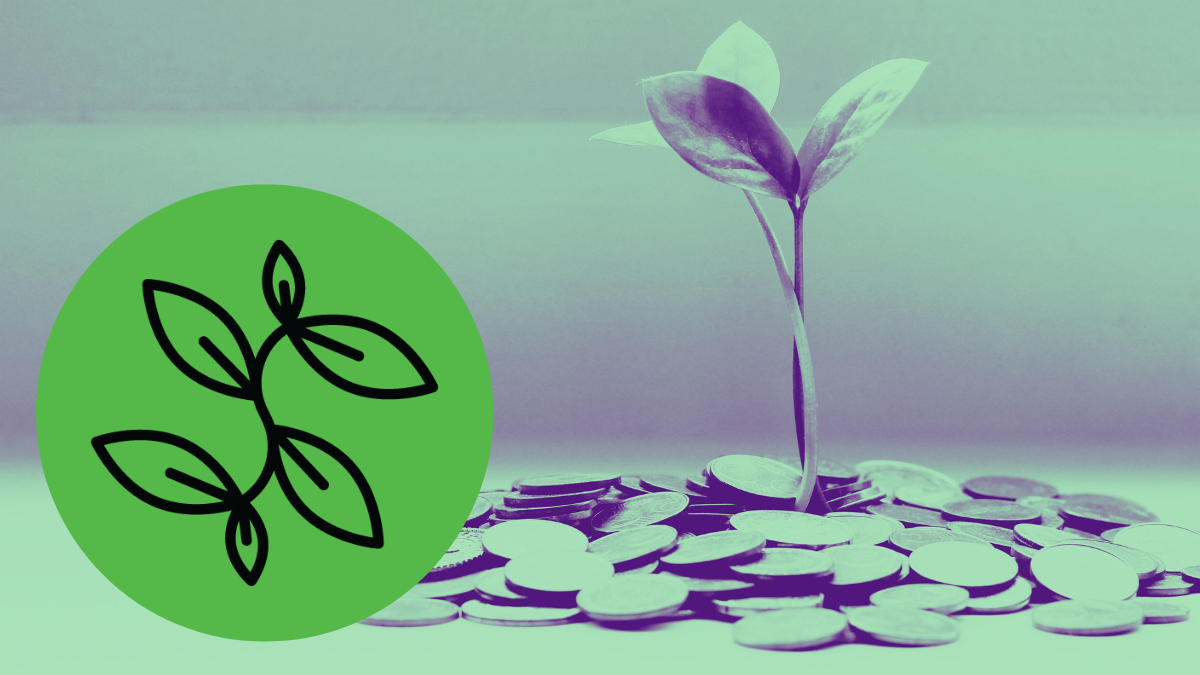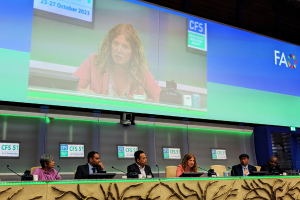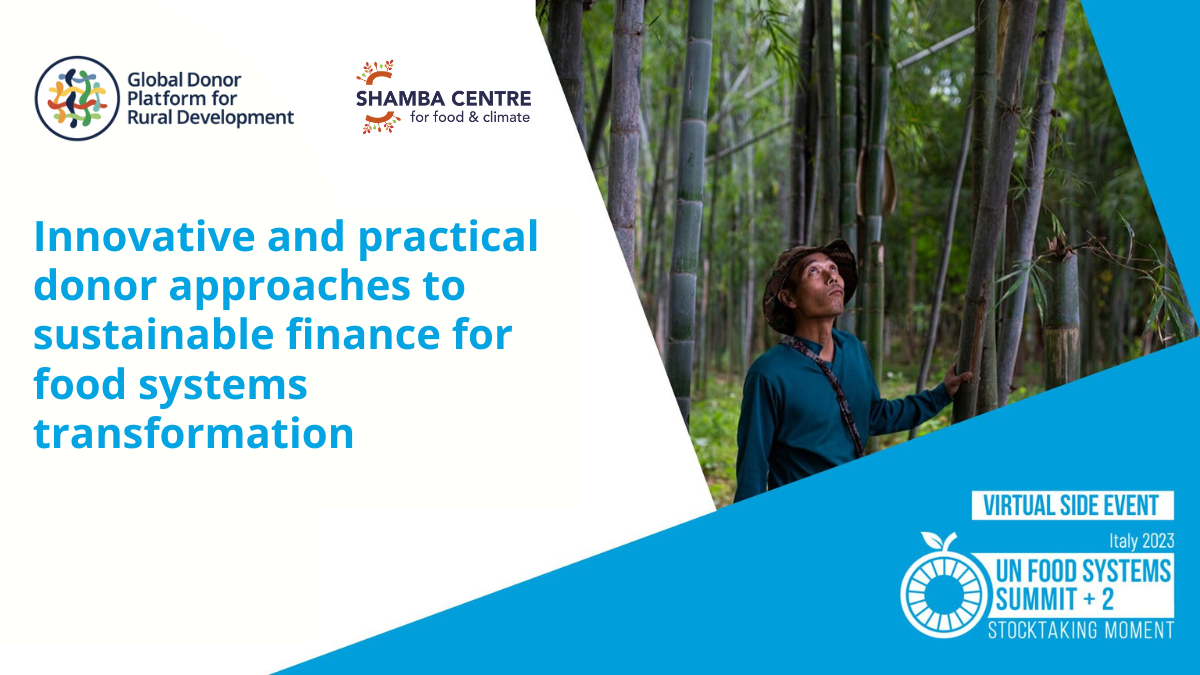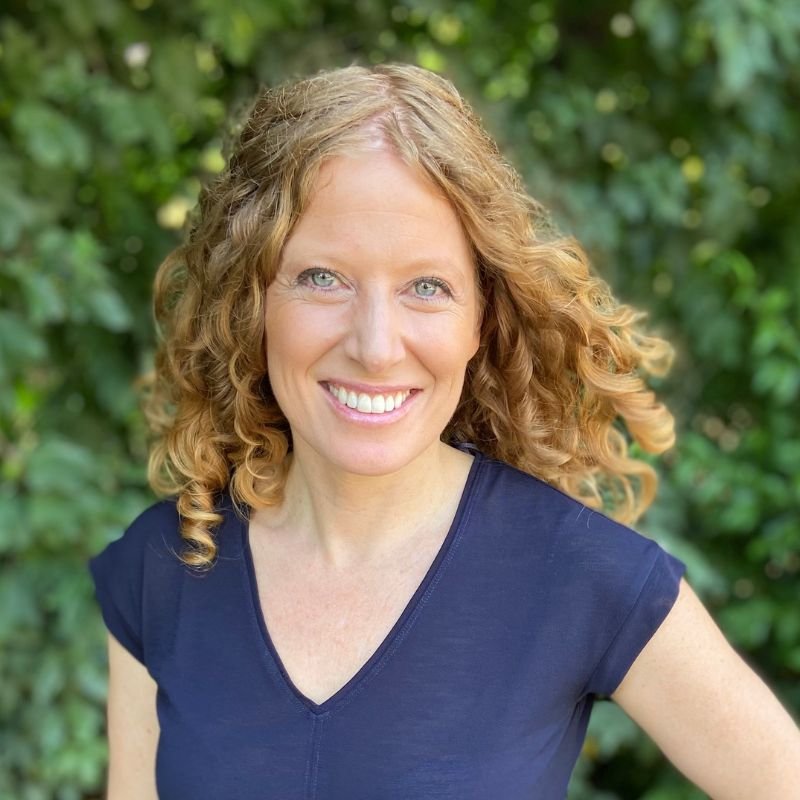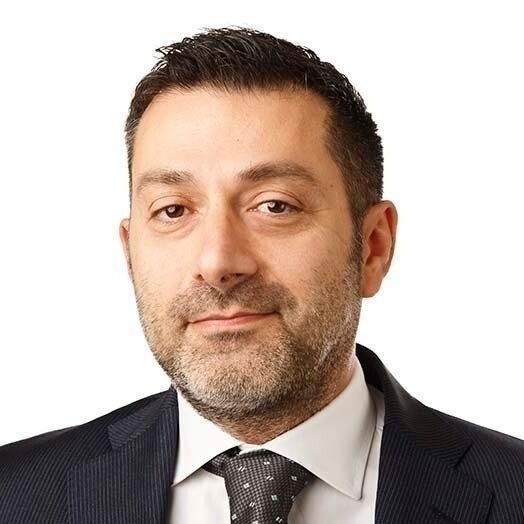Workstreams
Sustainable and blended financing for SDG2
The GDPRD and the Shamba Centre for Food & Climate have undertaken an enquiry on how to make donors and public funds more catalytic for food systems through sustainable and blended financing approaches. The investigation included a series of interviews which explored how donors, philanthropic organizations, public funds and blended capital funds can make their funding effective and act as an incentive for achieving SDG 2.
The GDPRD stands ready to lead. With 258 million people in 58 countries facing acute food insecurity, there is no time to lose.
The core message of the enquiry indicates that if donors and development banks take higher risks with their grants and lending, every donor dollar has the potential to generate four dollars in commercial finance. When this happens, agrifood small and medium-sized enterprises (SMEs) will have more financing, domestic lenders will participate, and markets will have more liquidity. This is the catalytic power of aid.
The final report “Unleashing the catalytic power of donor financing to achieve SDG2” presents four key findings and recommendations from the enquiry.
2023 Workstreams
Sustainable financing for food systems
The GDPRD and the Shamba Centre for Food & Climate have undertaken an enquiry on how to make donors and public funds more catalytic for food systems through innovative financing approaches. The investigation included a series of interviews which explored how donors, philanthropic organizations, public funds and blended capital funds can make their funding effective and act as an incentive for achieving SDG 2.
The GDPRD stands ready to lead. With 258 million people in 58 countries facing acute food insecurity, there is no time to lose.
The core message of the enquiry indicates that if donors and development banks take higher risks with their grants and lending, every donor dollar has the potential to generate four dollars in commercial finance. When this happens, agri-food small and medium-sized enterprises (SMEs) will have more financing, domestic lenders will participate, and markets will have more liquidity. This is the catalytic power of aid.
The final report “Unleashing the catalytic power of donor financing to achieve SDG2” presents four key findings and recommendations from the enquiry.
Workstream Activities
Background and rationale
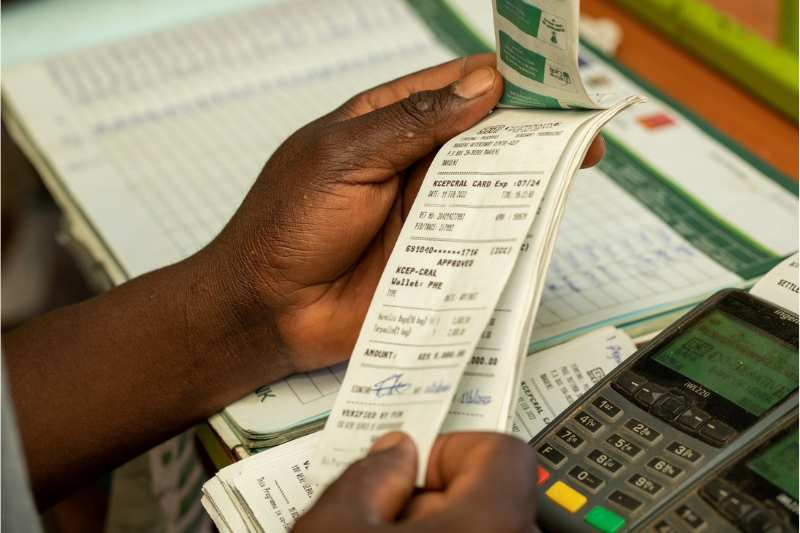
An additional US$33 billion in public spending is needed to trigger US$52 billion in private investment every year
The Ceres2030: Sustainable Solutions to End Hunger Summary Report, published in 2020, states that to achieve SDG 2, middle-income countries and donors will need to increase their spending on food systems each year by US$19 billion and US$14 billion, respectively.
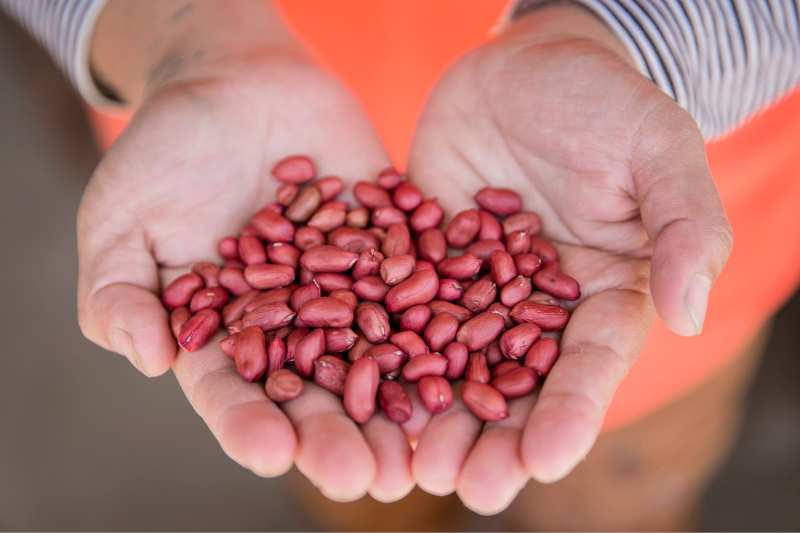
Donors, philanthropic organizations, and public funds are working to increase the impact of their funds.
As climate change, water scarcity and biodiversity losses intensify and are further compounded by economic uncertainties, food security remains a critical issue.
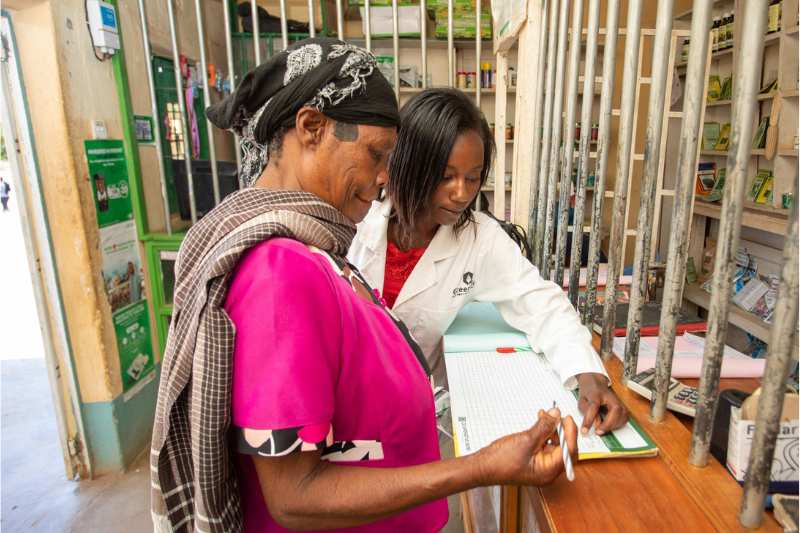
The challenge is to accelerate the transition to sustainable global food systems and achieve the SDGs.
The time is now to figure out how to make donors and public funds more catalytic for food systems through innovative financing approaches.

